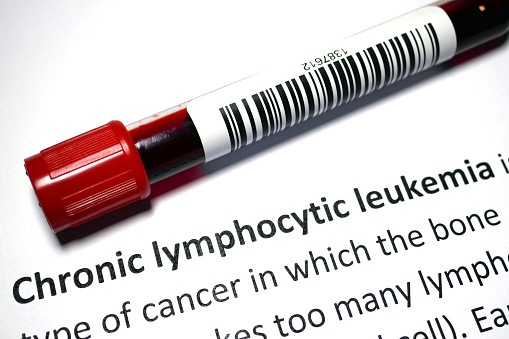
A review published in Hematology examined the efficacy of novel agents in the treatment of relapsed/refractory chronic lymphocytic leukemia (CLL).
In this study, researchers reviewed randomized trials, including single-arm, prospective studies and retrospective cohorts, on outcomes for novel agent approaches after novel agent exposure. They assessed data for novel agent treatment options in three specific scenarios: progression of disease while receiving Bruton’s tyrosine kinase inhibitor (BTKi), progression of disease after discontinuation of BTKi for intolerance, and after treatment with venetoclax.
According to the results, venetoclax-based regimens after progression on BTKi showed the highest efficacy. The researchers noted that for patients who experience progression of disease after discontinuation of BTKi for intolerance, venetoclax-based regimens and retreatment with BTKi are two data-driven options.
“After frontline venetoclax/obinutuzumab, subsequent treatment approaches depend on whether patients experience progression of disease during or after discontinuation of their fixed-duration frontline regimen and whether venetoclax/obinutuzumab was discontinued for intolerance,” the research authors wrote. “After progression of disease while on venetoclax, we recommend BTKi as second-line therapy. For patients who experience progression after completion or premature discontinuation (because of intolerance) of fixed-duration venetoclax/obinutuzumab, either BTKi or retreatment with venetoclax are reasonable considerations.”







 © 2025 Mashup Media, LLC, a Formedics Property. All Rights Reserved.
© 2025 Mashup Media, LLC, a Formedics Property. All Rights Reserved.